In a world choked with chemicals and toxins, can we still practice safe pest control?
So many of us are aware of the impact of the products that we use, yet feel that there aren’t effective alternatives. This is especially true when we’re trying in vain to manage pest infestations or invasive plants.
It’s for this reason that forward-thinking pest control companies are embracing biopesticides. They are a safer option for pest management in both residential and commercial applications.
What are biopesticides? How do they differ from the traditional chemical treatment of insects or other pests? Please read on and we’ll answer all your questions.
What Are Biopesticides?
Biopesticides are pest control solutions that rely on naturally occurring elements. They are made up of:
- Living things
- Compounds that come from living things
- Substances found in nature
These natural substances provide non-toxic methods to control pests, as opposed to chemical pesticides that kill the pest outright.
The main classes of biopesticides include pheromones, microbial pathogens, and plant extracts.
Benefits of Biopesticides
The key benefit of biopesticides is that they place less strain on the environment. Here are some others:
- As naturally occurring substances, they break down quickly.
- They are a far safer alternative to harsh, traditional chemicals.
- Some microbial pesticides reproduce in host cells. This leads to long-term suppression of pests without the need for repeated application.
- Synthetic chemicals can present an ongoing health hazard. Due to their persistence in the environment, they’ve been found in our food and water sources.
- Additionally, their overuse has reduced biodiversity. This alone has had serious and unexpected long-term effects such as an outbreak of secondary pests.
Indeed, synthetic chemicals solve one problem but create another.
Unpacking Biopesticides
Most biopesticides work on a small scale. They target a specific species with higher efficacy and less environmental stress. This makes sense because we know that each organism responds differently to a treatment. What works well for one may have no impact on another.
It’s this very fact that makes this a responsible option with fewer long-term issues.
To be most effective, biopesticides should form part of an integrated pest control strategy. Their application must be carefully managed by trained professionals.
We’re taking a closer look at some of the options available today.
Microbes
Microbial pathogens are biopesticides that cause disease in a particular species of insect or plant. Spread as a virus, bacteria, or fungus, they act on targeted pests and associated organisms.
The active ingredient either produces a substance toxic to the selected pest or becomes toxic as it is metabolized. Microbial insecticides are so valuable as they offer selective control of a targeted species.
This means that they have little impact on other organisms. Their toxicity to surrounding animals and humans is extremely low compared to other insecticides.
These have been developed for dissemination as dusts, sprays, liquid drenches, and granules for agricultural use. However, they are also used for residential pest control when needed.
Plant-Incorporated Protectants (PIPs)
Plant-Incorporated Protectants (PIPs) are substances added to a plants’ genetic makeup. They allow the plant to protect itself from certain insects. As the plants grow, these genetically engineered microorganisms produce specific proteins which act on targeted insects.
Because these changes use nanotechnology at a DNA level, the plant will continue to replicate the protein as it reproduces. This process has been a welcome alternative for farmers who have had to rely on blanket pesticides with possible long-term toxic effects.
Naturally Occurring Substances
We’ve all heard of traditional pest control solutions from our grandparents. For instance, how a home-brewed concentrated garlic spray will deter aphids, beetles, and mosquitoes. It turns out, they were onto something.
Allicin, the pungent liquid found in fresh garlic cloves is an effective deterrent against certain insects. Pepper, cucumber, cinnamon, and vinegar all form part of a lineup of potent remedies for pest control.
Under this banner, we also find biopesticides derived from insect hormones.
Insects have a unique lifecycle. Each process is triggered by the release of hormones at critical stages of their development.
Disrupting the timing or release of these hormones impacts the molting, mating, or other growth processes. This, in turn, helps to control the population of a particular insect.
In some cases, the hormones will simply act as a deterrent. In others, they will inhibit the procreation of an organism by preventing it from reaching maturity.
Efficient Pest Control Solutions
Climate change, human interference, and the misuse of the planet’s resources have placed a burden on our world. We all have a responsibility to rectify this.
The use of biopesticides by responsible pest control companies, farmers, and other agricultural players is a necessary step in the right direction. Not only are they safer for the environment, but they also offer highly targeted solutions.
Even though much can still be learned in this fascinating field, we can trust trained professionals. These people have the specific user knowledge needed to use biopesticides. Yes, there may still be a need for chemical intervention. Yet, if the company you choose to work with commits to providing the most environmentally sound solution, then you’re on the right path.
The Elevated Choice
We’re committed to providing Integrated Pest Management (IPM) to tackle pest problems. Our team will always look for the ‘greenest’ solution possible. This includes inspection, monitoring, and the correct identification of the problem.
We are not in the business of chemical application. Rather, we opt for green pest control management.
This includes a non-chemical approach using 100% natural ingredients and the use of biopesticides where appropriate.
We’re sure that you have questions, and we’d love to answer them for you. Please feel free to get in touch with Elevate Pest Control at your convenience.

